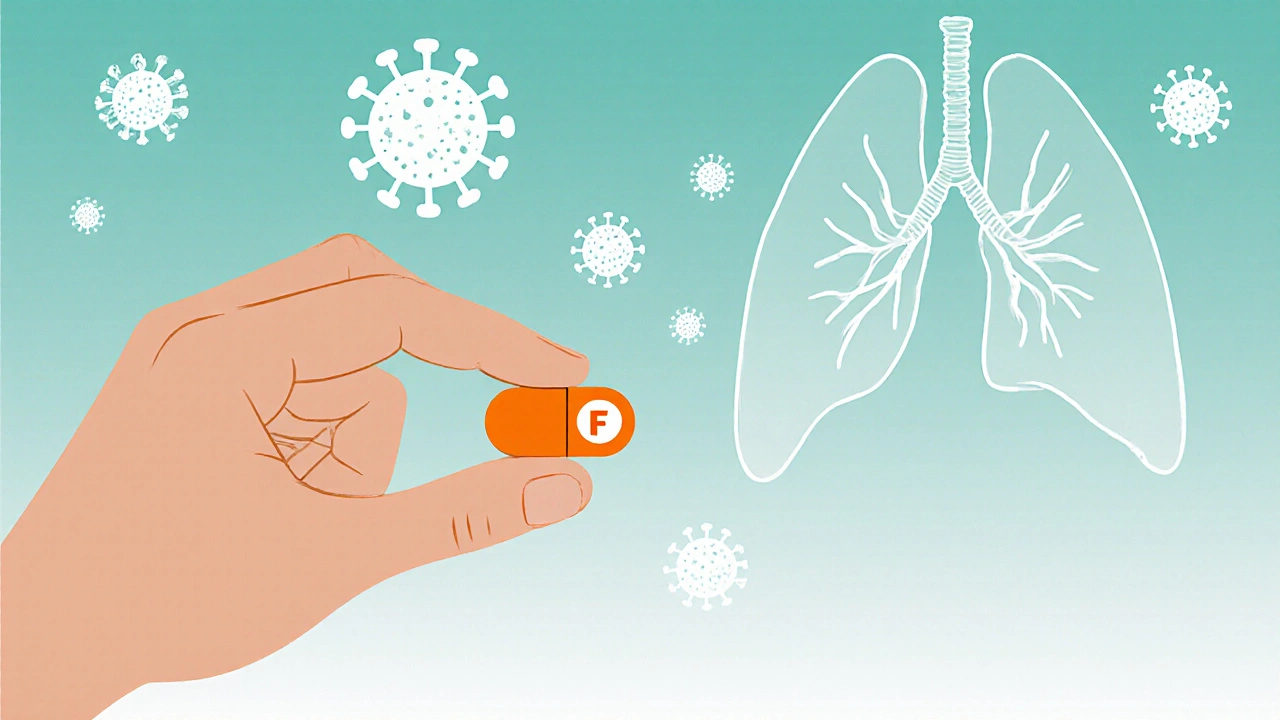Antiviral Side Effects: What You Need to Know Before Taking Them
When you take an antiviral, a medication designed to stop viruses from multiplying in your body. Also known as antiviral drugs, these are used to treat flu, herpes, hepatitis, HIV, and even long-term viral conditions like COVID-19. They don’t work like antibiotics—they don’t kill bacteria. Instead, they interfere with how viruses copy themselves. But just because they target viruses doesn’t mean they’re gentle on your body. Many people experience side effects, and not all of them are mild.
Common antiviral side effects, unwanted reactions that happen when your body responds to the drug include nausea, headaches, fatigue, and dizziness. These are often temporary and fade as your body adjusts. But some side effects are more serious: liver stress, nerve pain, mood changes, or drops in white blood cell counts. These don’t always show up right away. That’s why the postmarketing experience, the real-world data collected after a drug is approved and widely used matters so much. It’s where rare or delayed reactions show up—like kidney issues with tenofovir or confusion with acyclovir in older adults.
Not all antivirals are the same. One person taking oseltamivir for the flu might feel fine, while another gets terrible stomach cramps. Someone on valacyclovir for shingles might have no issues, but another reports tingling in their hands. Why? Because your age, other meds, liver health, and even your genes play a role. That’s why comparing drugs—like generic vs brand-name drugs, how the same active ingredient can behave differently based on fillers and coatings—isn’t just about cost. It’s about how your body handles the specific version you’re given.
You might think side effects mean the drug isn’t working. But that’s not always true. Sometimes the side effect is just your body reacting to the medicine, not the virus. Other times, it’s a sign you need a different treatment. That’s why tracking symptoms matters. Write down when you feel off, how bad it is, and what you were taking. This isn’t just for your doctor—it helps you decide if the trade-off is worth it.
There’s no one-size-fits-all answer. What’s normal for one person could be dangerous for another. That’s why the posts below dive into real cases: how people handled side effects from antivirals like acyclovir, valacyclovir, and remdesivir. You’ll find comparisons between drugs, tips on spotting red flags, and what to do when side effects won’t go away. No fluff. Just what you need to know before you take the next pill.
- October 18, 2025
- Comments 9
- Medications and Supplements

